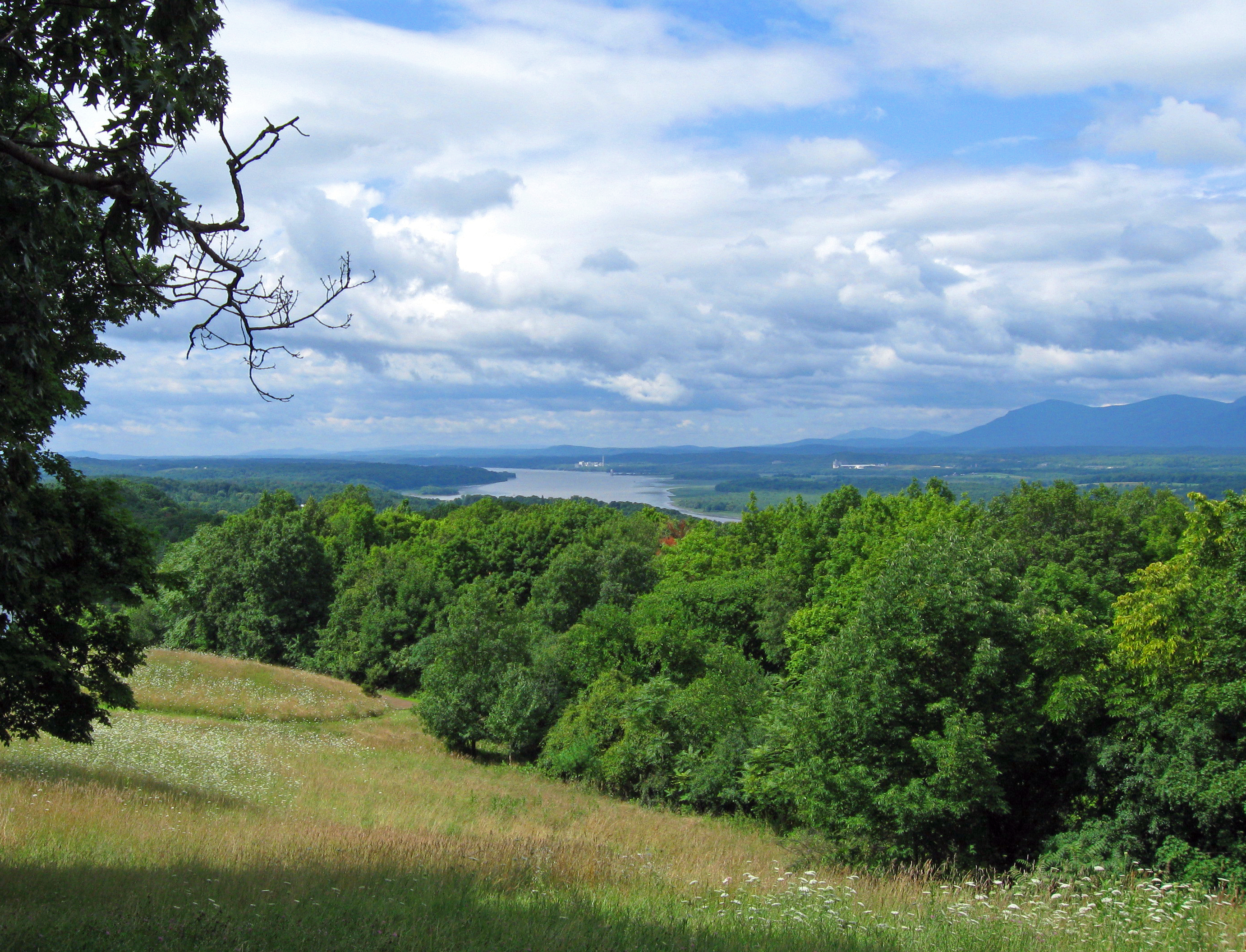The oldest seed of an idea came from the Crooked Lake House in Averill Park, New York. I’ve never been there myself, but I’d heard various accounts of its history—according to local news articles, it began as a stagecoach stop in 1780 and was rebuilt after a fire in 1840; in its heyday it hosted famous guests such as Theodore Roosevelt and gangster Legs Diamond; and NBC broadcast live big-band concerts from it on radio during the swing era. And at some point, although I can’t trace this story now, I heard or was told that it had housed a speakeasy during Prohibition, possibly in a secret room. That idea stuck in my mind; it seemed to hold fascinating possibilities for a story. In fact, I was recently cleaning out some old notebooks and binders when I came across a scribbled note from years back suggesting the use of the Crooked Lake House speakeasy or one like it as the setting for a mystery short story. That story never happened, but the speakeasy was evidently meant to be.

Next came the fairytale “The Twelve Dancing Princesses.” I had actually never heard of this fairytale till a couple of years ago. During one of Rooglewood Press’s fairytale-retelling contests, someone commented on a post at Anne Elisabeth Stengl’s blog that they hoped there would be a contest featuring this fairytale further down the line. For some reason I was intrigued by the title and looked it up. Along the way I saw this beautiful illustration by Lidia Postma, or one very like it…and because of the lake setting, I think that’s when wheels started to turn in my head…
I think it was somewhere around the same time that I read A Secret Gift: How One Man’s Kindness – and a Trove of Letters – Revealed the Hidden History of the Great Depression by Ted Gup. The setting was Canton, Ohio, and a few times in passing the book mentioned the Meyers Lake Amusement Park, a popular attraction for Canton residents from the 1920s onward (click here to see some vintage postcards of the park). One amusing incident that stuck in my mind was the park owner’s “accidentally” letting loose the monkeys kept on an island in the lake, in what turned out to be a highly successful publicity stunt. The idea of a colorful attraction on an island in a lake lodged in my mind, and at some point it clicked with those ideas already brewing. A hidden speakeasy on an island in a lake…it dovetailed perfectly with the plot of the Twelve Dancing Princesses, and made the Jazz-Age setting a perfect choice.
And finally, another location that contributed to my imagining of the setting was the Thousand Islands in the St. Lawrence Seaway. I’d once caught a few minutes of a travel program about the islands on TV, and was captivated by the shots of beautiful old villas and castles (yes, castles) built by wealthy summer residents during the Victorian and Edwardian eras, when the area was a popular summer resort. In a bit of serendipity, the photo of the house that ended up being part of Lost Lake House‘s cover is actually what is now known as Singer Castle on Dark Island!






